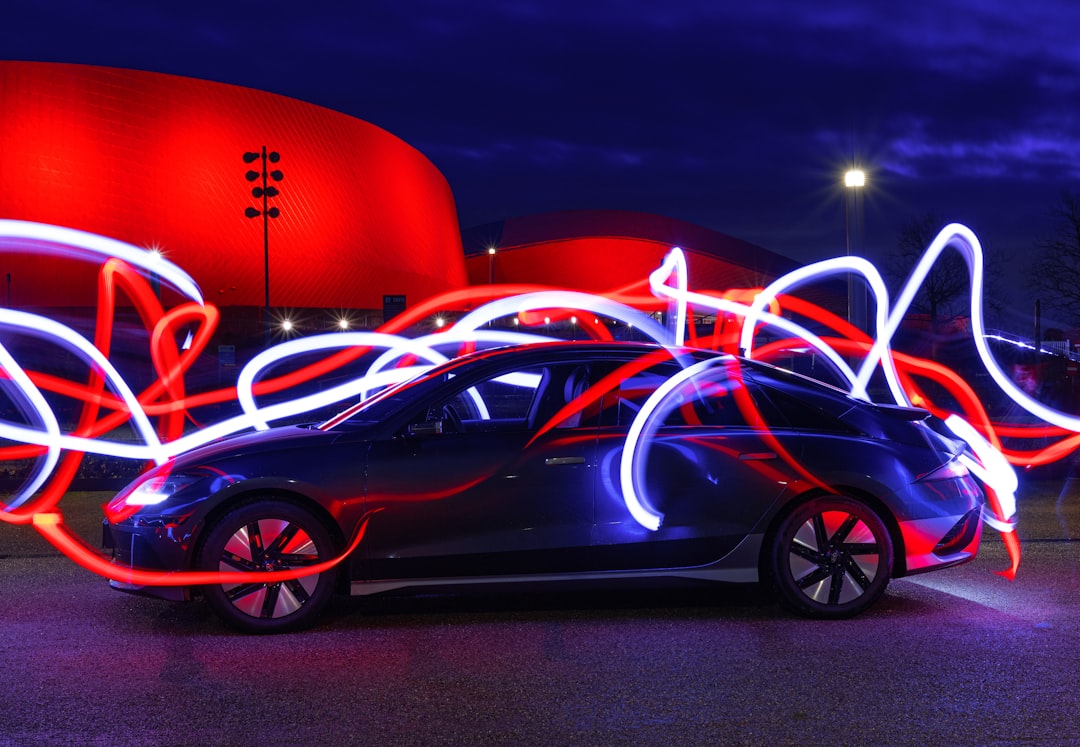In 2023, China has taken the global electric vehicle (EV) market by storm, with its unprecedented growth reshaping the auto industry worldwide. According to recent data, China’s EV sales have soared by over 50% in the first half of the year, positioning it as a leader in the transition towards sustainable transportation. This remarkable surge is not just a local phenomenon but a catalyst for global change in the automotive sector. In this article, we’ll explore how China’s EV market surge is influencing global auto trends, the key players driving this change, and what it means for the future of transportation.
The Rise of China’s EV Market
Rapid Growth and Innovation
China’s EV market has experienced exponential growth, driven by a combination of government incentives, technological advancements, and consumer demand. In 2023, China accounted for more than 60% of global EV sales, according to Electrek. This surge is powered by domestic manufacturers like BYD and NIO, which are rapidly expanding their production capacities and innovating new models to meet the diverse needs of consumers.
- Government Support: China’s government has implemented policies to promote EV adoption, including subsidies, tax breaks, and investments in charging infrastructure.
- Consumer Demand: With increasing awareness of environmental issues, Chinese consumers are favoring EVs over traditional combustion engines.
- Technological Advancements: Companies like BYD are leading the way in battery technology, offering longer ranges and faster charging times.
Key Players in the Market
Several Chinese companies are making significant strides in the EV sector, not only domestically but also on the international stage. Here are some key players:
- BYD: As one of the largest EV manufacturers in China, BYD has expanded its operations to Europe and other global markets.
- NIO: Known for its innovation and premium models, NIO is gaining popularity among tech-savvy consumers.
- XPeng: With a focus on autonomous driving technology, XPeng is positioning itself as a leader in smart EVs.
Global Impacts of China’s EV Boom
Disrupting Traditional Automakers
China’s dominance in the EV market is causing a ripple effect across the global auto industry. Traditional automakers like Volkswagen and Ford EV are now racing to catch up with Chinese innovations. As reported by Reuters Mobility, these companies are investing heavily in EV production and technology to remain competitive.
- Increased Competition: Global automakers are under pressure to enhance their EV offerings to compete with Chinese manufacturers.
- Strategic Alliances: Companies are forming partnerships with Chinese firms to leverage their expertise in battery technology and production.
Shaping Global Supply Chains
The surge in China’s EV market is also reshaping global supply chains, particularly in the realm of battery production. China is home to some of the largest battery manufacturers, such as CATL, which supply crucial components to international automakers.
- Battery Innovation: China’s focus on battery technology is driving advancements in energy density and cost reduction.
- Supply Chain Shifts: Global automakers are increasingly sourcing batteries and components from Chinese manufacturers to meet demand.
Practical Insights for Consumers and Industry
How to Charge Your EV in China
Charging infrastructure in China is rapidly expanding, with over 2 million public charging points available nationwide, according to CleanTechnica. For consumers looking to charge their EVs efficiently:
- Use Fast Chargers: Many urban areas offer fast-charging stations that can replenish most EV batteries in under an hour.
- Home Charging Solutions: Consider installing a home charging unit for convenience and cost savings.
Where to Buy Chinese EVs
Chinese EVs are becoming more accessible in international markets. Potential buyers can explore options through:
- Official Dealerships: Many Chinese brands have established dealerships in Europe and North America.
- Online Platforms: Websites like Alibaba offer direct purchase options for certain models, although local regulations should be considered.
What to Compare When Buying
When considering a Chinese EV, compare the following aspects:
- Range: Evaluate the vehicle’s battery range to ensure it meets your travel needs.
- Technology Features: Check for advanced features such as autonomous driving capabilities and smart connectivity.
- Price and Incentives: Consider the total cost, including government incentives and subsidies.
Conclusion: The Future of Global Mobility
China’s EV market surge in 2023 is not just a local success story but a pivotal moment for the global auto industry. The rapid growth and innovation driven by Chinese companies are setting new standards for sustainability and technology. As traditional automakers adapt to this shift, consumers worldwide can look forward to a future of cleaner, smarter, and more efficient transportation.
Are you ready to embrace the electric revolution? Share your thoughts on how China’s EV boom is impacting your local market. As we look ahead, the lessons learned from China’s success will undoubtedly shape the future of global mobility, paving the way for a more sustainable world.

